Search
Remove Ads
Advertisement
Summary 
Loading AI-generated summary based on World History Encyclopedia articles ...
Search Results
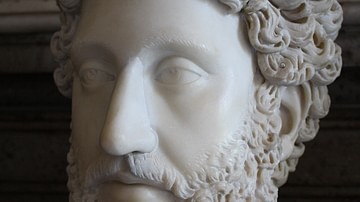
Definition
Roman Emperor
Roman emperors ruled the Roman Empire starting with Augustus in 27 BCE and continuing in the West until the late 5th century CE and in the Eastern Roman Empire up to the mid-15th century CE. The emperors took titles such as Caesar and Imperator...
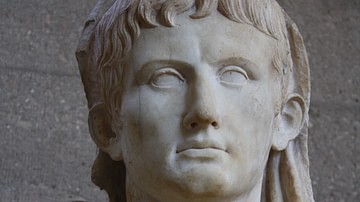
Article
Visual Chronology of Roman Emperors: Augustus to Constantine
The Julio-Claudian Dynasty Augustus 16 Jan 27 BCE - 19 Aug 14 CE Tiberius 18 Sep 14 CE - 16 Mar 37 CE Caligula 18 Mar 37 CE - 24 Jan 41 CE Claudius 25 Jan 41 CE - 13 Oct 54 CE Nero 13 Oct 54 CE - 11 Jun 68 CE Galba 8 Jun 68 CE -...
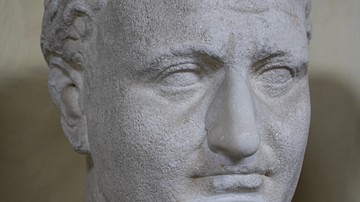
Definition
Titus (Roman Emperor)
Titus was Roman emperor from 79 to 81 CE. On June 24, 79 CE Titus Flavius Vespasianus succeeded his father Vespasian (r. 69-79 CE) as emperor of the Roman Empire. Prior to his ascension to the throne, he was considered by many as “…unpopular...
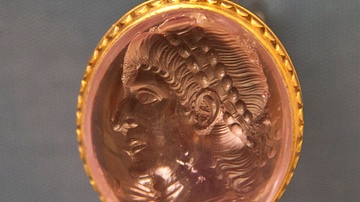
Image
Roman Emperor Constantius II
An engraved amethyst ring of Roman Emperor Constantius II, c. 360 CE (British Museum, London)
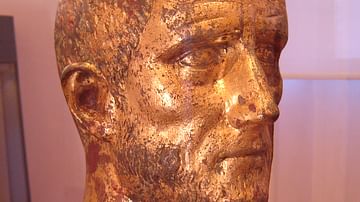
Image
Roman Emperor Claudius II
Bust of Roman Emperor Claudius II, r. 268-270 CE. (Santa Giulia Museum, Brescia)

Image
Roman Emperor Constantius Chlorus
Marble head of Roman Emperor Constantius Chlorus (r. 305-306 CE) who was the father of Constantine the Great. (Ny Carlsberg Glyptotek, Copenhagen)
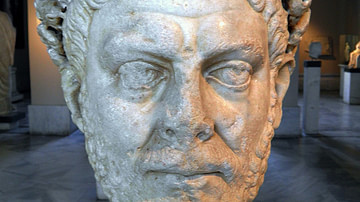
Image
Roman Emperor Diocletian
Head of the Roman emperor Diocletian, 284 - 305 CE (Istanbul Archaeology Museum).
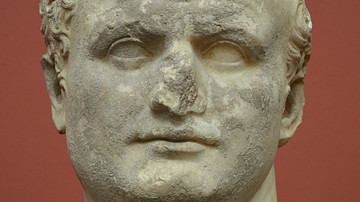
Image
Roman Emperor Titus
A portrait of Roman Emperor Titus (reign: 79 – 81), c. 80 CE. (Ny Carlsberg Glyptotek, Copenhagen)
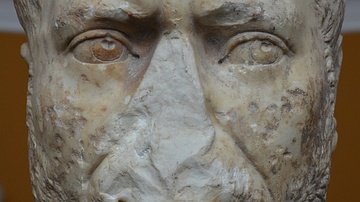
Image
Roman Emperor Philip the Arab
Marble head of Roman Emperor Philip the Arab, from Rome, 244-249 CE. (Ny Carlsberg Glyptotek, Copenhagen)
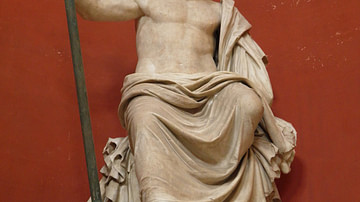
Image
Roman Emperor Galba
Statue of an emperor, heavily restored by Bartolomeo Cavaceppi as a portrait of emperor Galba. (Sala Rotonda Museo Pio-Clementino, Vatican Museums)